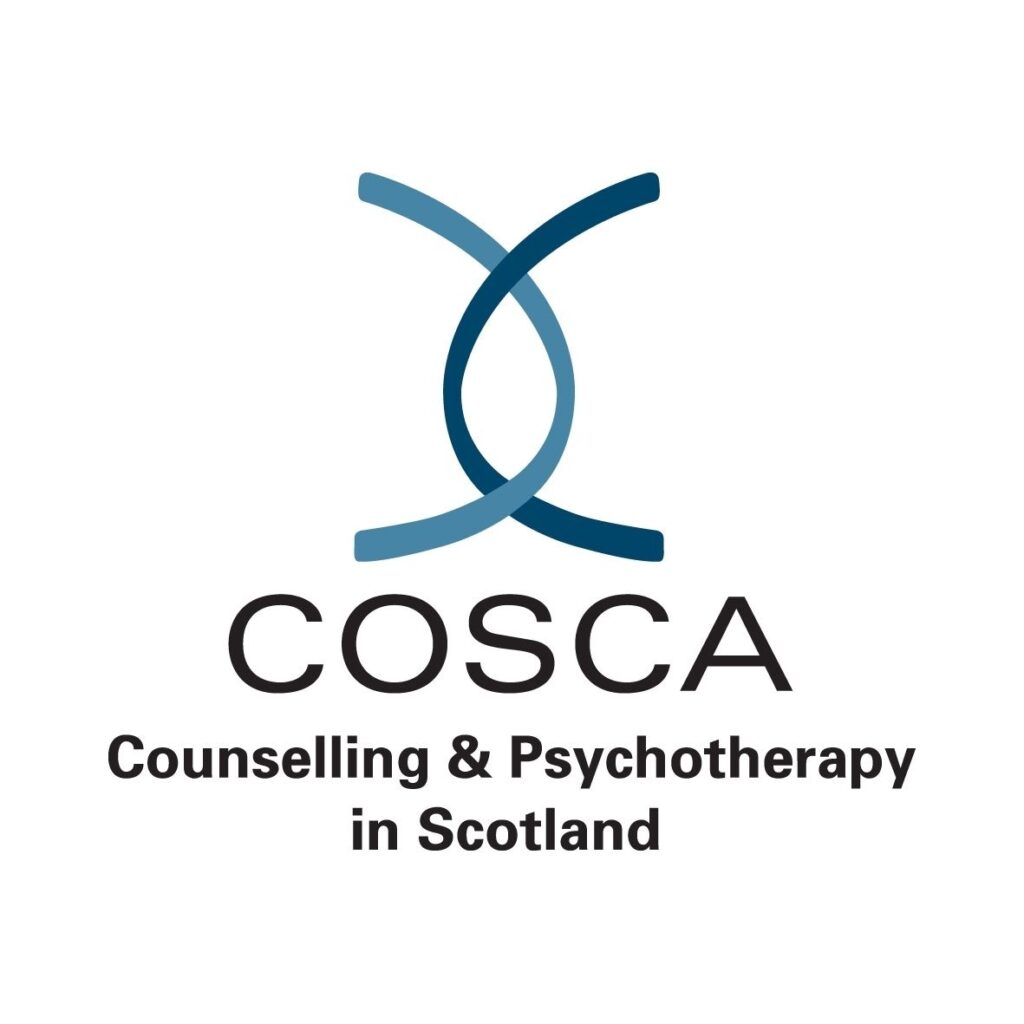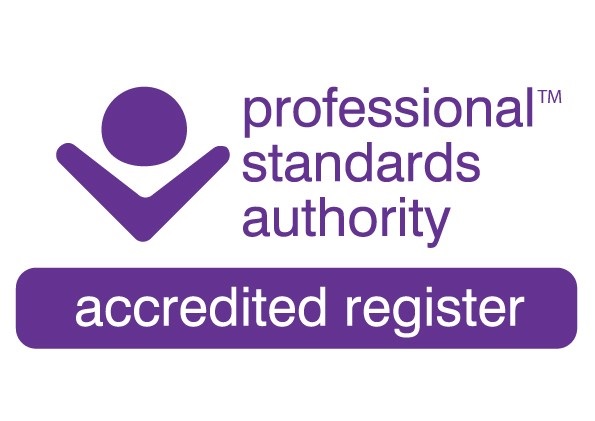About Sally
“Everyone has a unique story to tell about how they got to where they are”
I hold a Post Graduate Diploma in Counselling and Psychotherapy that enables me to provide therapeutic support to those in emotional distress in a broad range of settings.
I have enjoyed working with people from all walks of life and my experience has been gained over many years. Beginning my career in the ambulance service, I qualified as a paramedic. Answering emergency calls and supporting people in acute distress, I became adept at responding to people’s emotional pain in different situations and my calm and empathetic approach was a good fit.


The job opened my eyes to the prevalence of chronic distress in society and I wanted to work more closely with people, longer term, giving them more targeted support.
That lead me to pursue a career in the social care sector, where I have over 20 years experience with varied client groups including people with severe disabilities and their families, people with HIV and hepatitis C, people from LGBTQ+ backgrounds and people who use substances. I have experience of counselling people who have been through trauma and abuse, people who are neurodivergent and I currently work as a counsellor with students.
I am trained in using art in a therapeutic way. Artistic expression can be a powerful way of working, helping to reveal feelings in a different way, tapping into emotions we can’t verbalise. No artistic talent is needed for this type of therapy.
I am a registered member of COSCA, Scotland’s professional body for counselling and psychotherapy.
As a member of COSCA I demonstrate that I am a committed and qualified counselling professional. I practice competently and ethically in accordance with COSCA guidelines, which include having monthly supervision and keeping my skills fresh through engaging in continuous professional development.
I work in non-pathologising way and my views align with the group, A Disorder For Everyone (AD4E). AD4E asks not ‘What’s wrong with you?’ but ‘What happened to you?’ a question that encourages the framing of distress as an understandable reaction to trauma, adversity, or just the struggles we all face as human beings in a difficult world.

